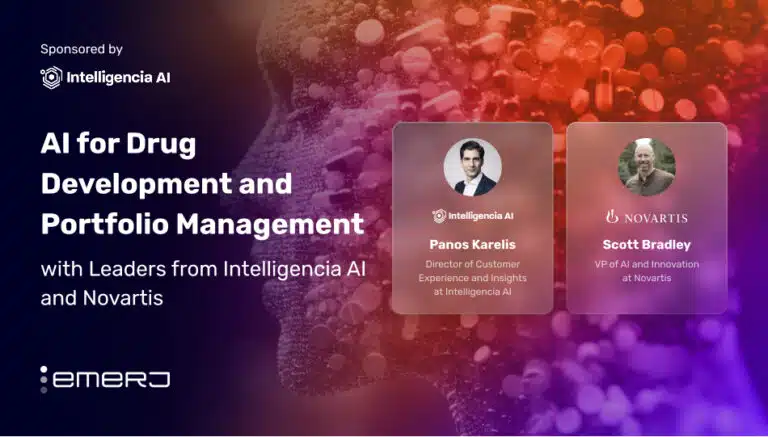Artificial Intelligence at Barclays – Two Use Cases
Barclays is a leading British universal bank with a diversified portfolio serving retail and wholesale customers globally. The bank employs over…


Read the Emerj team’s latest coverage on AI use-cases and trends in banking.
Barclays is a leading British universal bank with a diversified portfolio serving retail and wholesale customers globally. The bank employs over…

This interview analysis is sponsored by Deloitte and was written, edited, and published in alignment with our Emerj sponsored content guidelines.…

This article is sponsored by Justt and was written, edited, and published in alignment with our Emerj sponsored content guidelines. Learn…

As one of the largest healthcare companies in the United States, CVS Health generated $357.8 billion in revenue in 2023 and…

This interview analysis is sponsored by Searce and was written, edited, and published in alignment with our Emerj sponsored content guidelines.…

Headquartered in Munich and founded in 1916 in Germany, the BMW Group is a multinational vehicle manufacturer that manufactures vehicles in…

This interview analysis is sponsored by Intelligencia AI and was written, edited, and published in alignment with our Emerj sponsored content…
